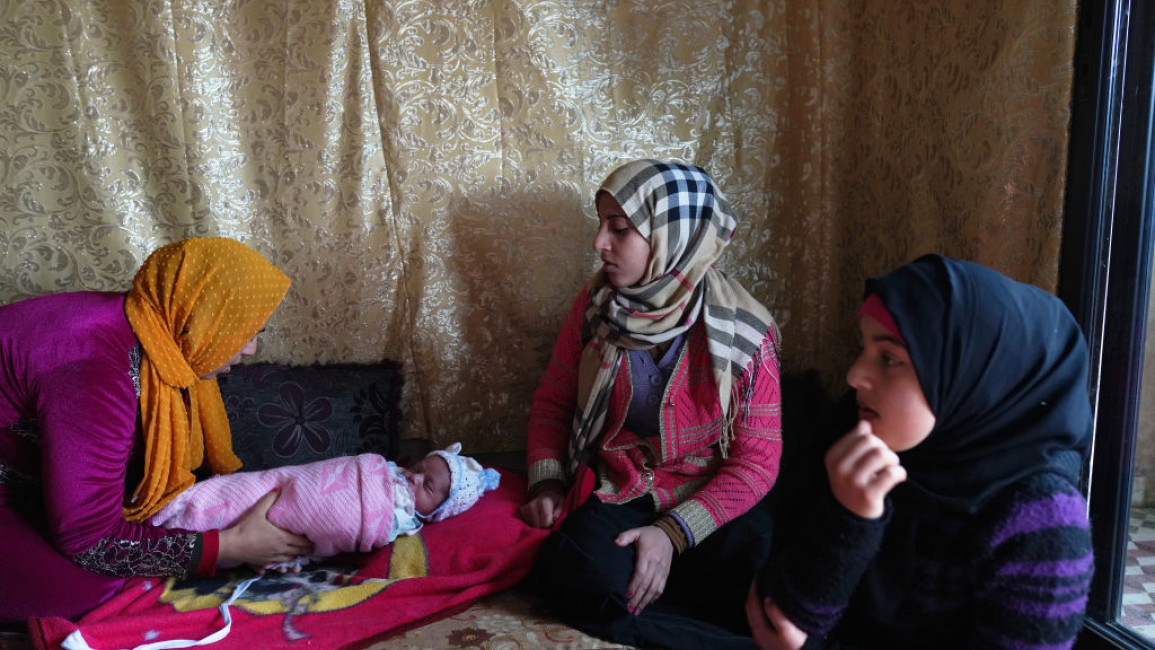Lebanon asks EU for help to plan Syrian refugee deportations
Lebanon requested on Friday that the European Union help it "lay down a road map" to carry out its controversial policy of deporting Syrian refugees to their war-torn home country.
The Lebanese government recently announced a plan to deport 15,000 refugees per month to Syria, insisting it is safe for them to return to their homeland - despite many Syrians fearing for their safety if forced to return.
The plan could push more Syrians to embark on often dangerous routes to Europe while the continent contends with an influx of millions of Ukrainian refugees fleeing the months-long war in their country.
"Lebanon and the EU have a common interest in finding a sustainable solution to the Syrian displacement issue, which protects Lebanon socially, economically and on a security level," Lebanon's foreign ministry said in a statement on Friday.
The statement called for "cooperation, consultation and dialogue to lay down a road map that would allow the gradual dignified and safe return of displaced Syrians to their homeland."
The ministry claimed that collaborating on the returns policy will protect European countries from the consequences of hosting refugees which could lead to "deterioration".
In late June, the EU released an announcement saying that "conditions for a safe, voluntary and dignified return of refugees and displaced persons, including Internally Displaced Persons (IDPs), are still not met in Syria."
Lebanon, a country of five million people, says it can no longer afford to host more than a million Syrian refugees and is adamant about starting deporting them within months, despite opposition from the United Nations and rights groups.
Syrian refugees in Lebanon face severe restrictions in all facets of life, and often face discrimination at the hands of official bodies. Their presence in the country is a domestic hot topic, with much of the country's ills blamed on them. In one extreme example, Lebanese media even claimed Syrian refugees were behind a rise in cancer cases in the country.
The Lebanese authorities have supported forced refugee returns for years but had not come up with a comprehensive plan until recently.
In justifying such measures, they say Syrian regime officials have assured them there are now many safe areas refugees can return to.
Many refugees fear they will be forced into compulsory military service upon returning to Syria, or accused of having been part of an opposition group that the Syrian regime labels as terrorists.
While there are no official numbers, it is estimated that around half a million people were killed in the Syrian conflict, which has left much of the country in ruins.



